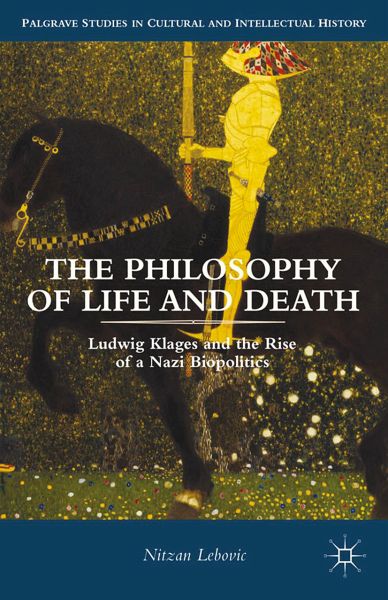
The Philosophy of Life and Death (eBook, PDF)
Ludwig Klages and the Rise of a Nazi Biopolitics
Versandkostenfrei!
Sofort per Download lieferbar
104,95 €
inkl. MwSt.
Weitere Ausgaben:

PAYBACK Punkte
52 °P sammeln!
Some of the first figures the Nazis conscripted in their rise to power were rhetoricians devoted to popularizing the German vocabulary of Leben (life). This fascinating study reexamines this movement through one of its most prominent exponents, Ludwig Klages, revealing the philosophical-cultural crises and political volatility of the Weimar era.
Dieser Download kann aus rechtlichen Gründen nur mit Rechnungsadresse in A, B, BG, CY, CZ, D, DK, EW, E, FIN, F, GR, HR, H, IRL, I, LT, L, LR, M, NL, PL, P, R, S, SLO, SK ausgeliefert werden.












